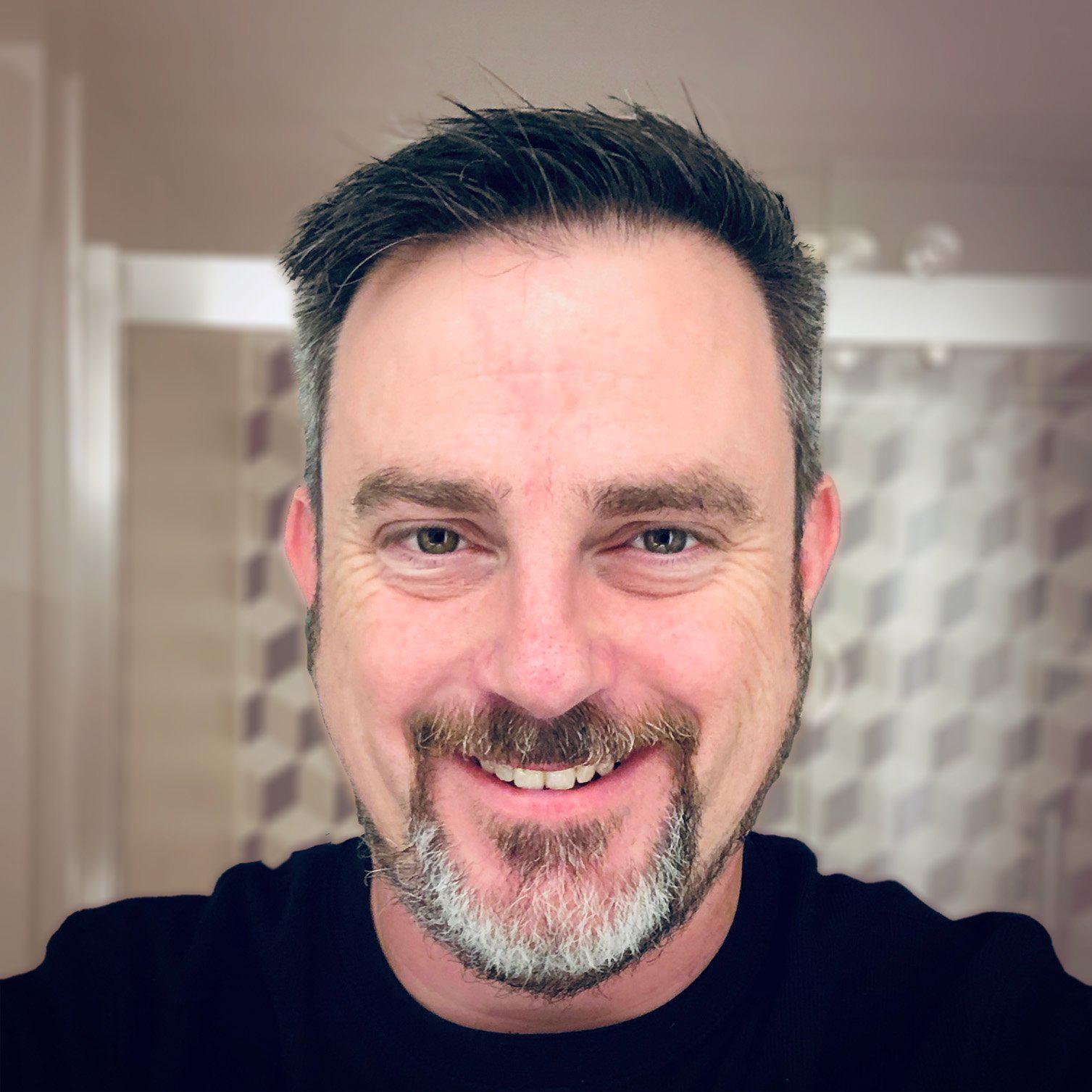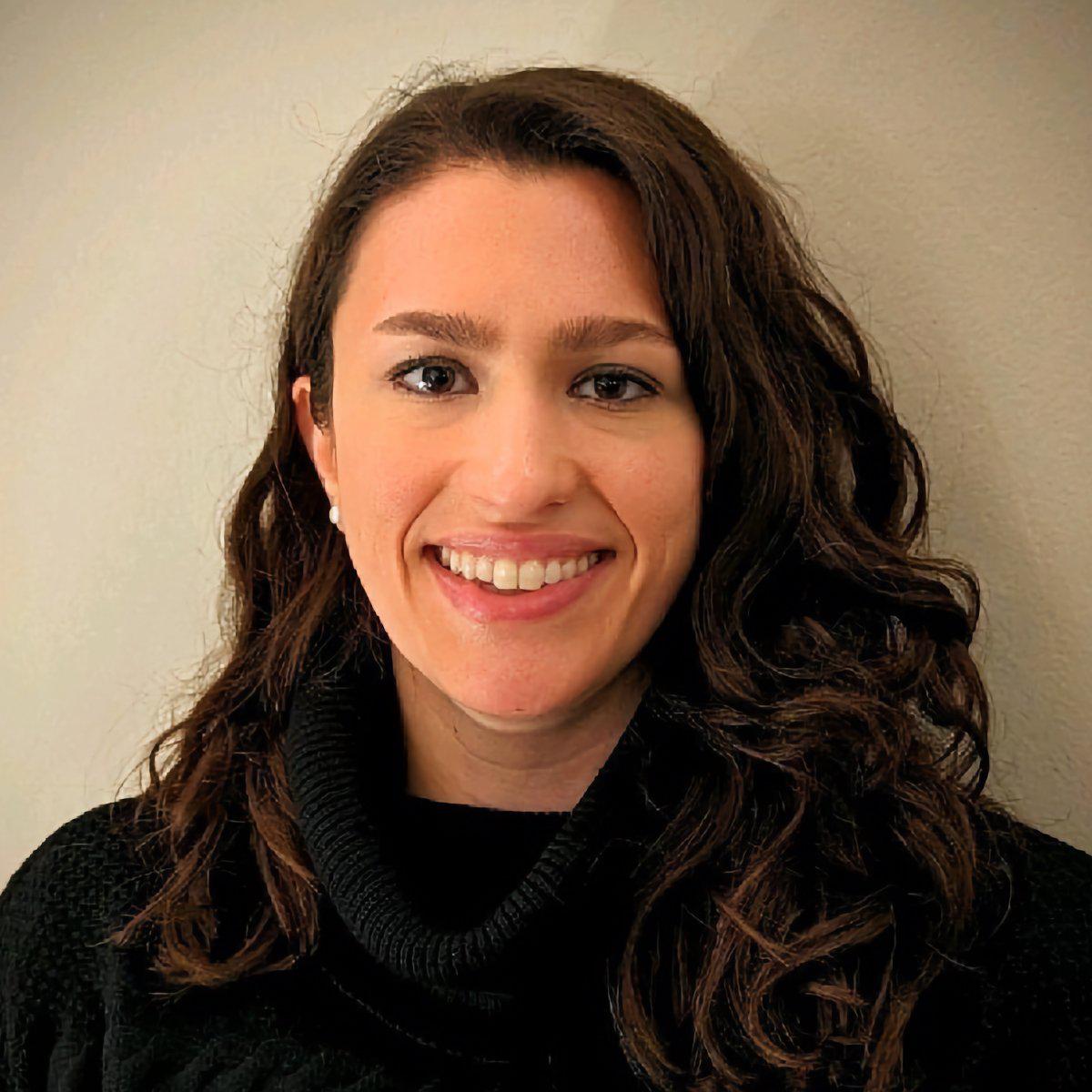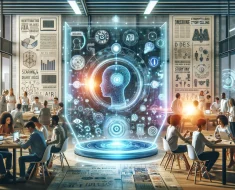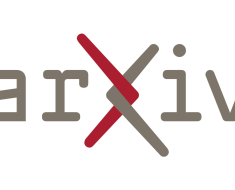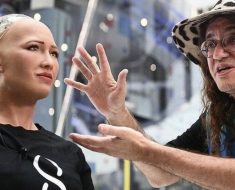
Feb 02, 2024 1h 19m
What’s it like to sit down for your first developer sprint at a conference? How do you find an appropriate issue to work on as a new open-source contributor? This week on the show, author and software engineer Stefanie Molin is here to discuss starting to contribute to open-source projects.
Episode Sponsor:
Stefanie is a data scientist and software engineer on Bloomberg’s Security Data Science team. She recently wrote an article titled “5 Ways to Get Started in Open Source.” We discuss finding ways to contribute that fit your interests and developer skills. We dig into the experience of participating in community sprints at a conference.
Stefanie is the author of Hands-On Data Analysis with Pandas. We also discuss the different processes between writing technical articles and authoring a book.
This week’s episode is brought to you by Intel.
Course Spotlight: Documenting Python Projects With Sphinx and Read the Docs
In this video series, you’ll create project documentation from scratch using Sphinx, the de facto standard for Python. You’ll also hook your code repository up to Read The Docs to automatically build and publish your code documentation.
Topics:
- 00:00:00 – Introduction
- 00:02:55 – Being asked about how to get started
- 00:07:13 – Differences in short vs long form writing
- 00:09:03 – What was your introduction to contributing?
- 00:17:52 – What are additional benefits of contributing?
- 00:22:32 – Sponsor: Intel
- 00:23:22 – Sprints as an entry point
- 00:34:36 – Other requirements of a sprint
- 00:36:05 – Differences in conferences
- 00:41:52 – Other sprint experiences
- 00:42:50 – Contributing examples to documentation
- 00:45:59 – Video Course Spotlight
- 00:47:11 – Looking for good first issues
- 00:52:04 – Is this a bug?
- 00:54:10 – Proposing a new feature
- 00:56:36 – Data Morph and working on personal projects
- 01:07:29 – Showing up in the Python community
- 01:12:14 – What are you excited about in the world of Python?
- 01:14:59 – How can people follow the work you do online?
- 01:15:28 – What do you want to learn next?
- 01:18:23 – Thanks and goodbye
Show Links:
